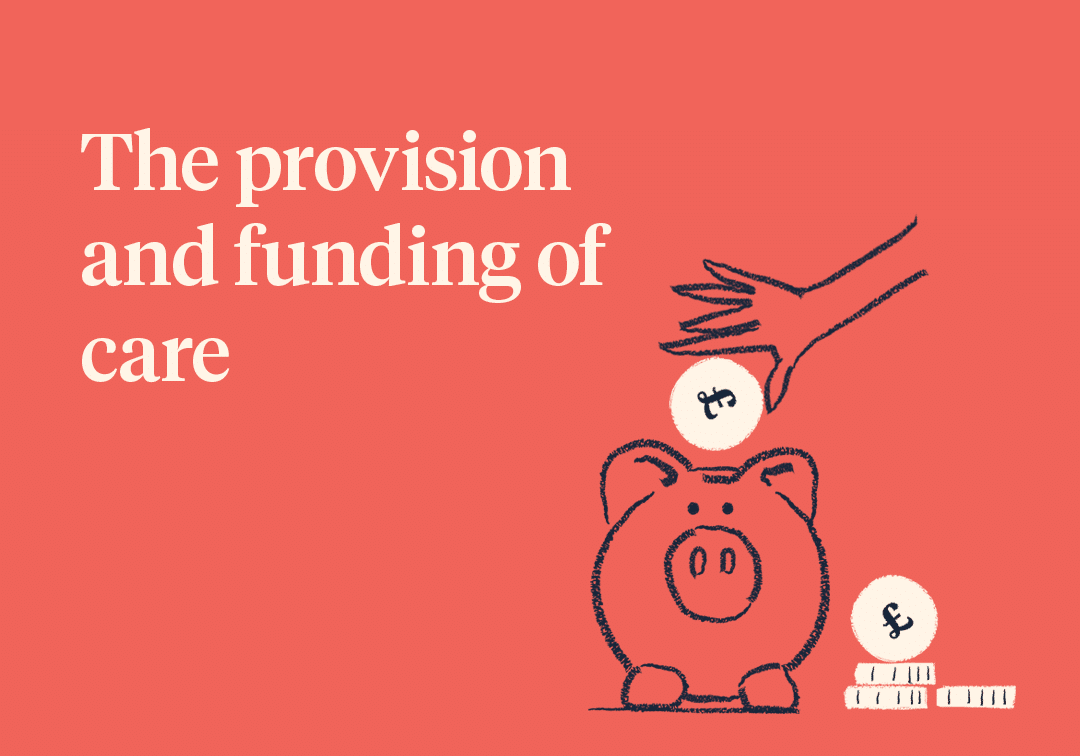So, you’re getting married or perhaps, like me, you’ve recently tied the knot. Firstly, congratulations… but secondly, you might now be thinking about what you should be doing financially. There are some important financial considerations after marriage, which at first may feel overwhelming. Below I have broken down these considerations and shared all the steps my wife and I have taken since we were married.
1. Set joint financial goals
To begin with, you should start talking about your finances more openly. I know some couples that have been married for over 30 years but remain unaware of what financial state each other are in. This is an incredibly inefficient way to approaching your finances. You don’t have to share everything if you don’t want to but being able to make use of each other’s finances in a pragmatic way will benefit you over the longer term. You may also enjoy working towards joint financial goals such as the honeymoon, a new house or saving for children.
2. Review your expression of wish form
Once married, it is important to review your expression of wish form for your pension. This form sets out who you would like to receive your pension on death. If it isn’t currently in your spouse, you may want to consider updating this.
Have your financial circumstances changed?
Whether you’ve recently divorced, sold a business or are receiving a lump sum, our advisers can help you plan for your new future. Get in touch or request a call to discuss how we can help you.

3. Review your insurance plans
Understanding how your joint finances would be affected if either one of you was unwell or died is important. Remember that, more often than not, your workplace benefits won’t provide sufficient cover on their own, so take time to look over your cover together, particularly if you are thinking about having children.
One of the amazing benefits of being married is the ability to leave an unlimited amount of wealth to your spouse completely free of inheritance tax. On top of this, if your £325,000 nil rate band and your £175,000 residence nil rate band are unused on your death, they can also be inherited by your surviving spouse. So, not only will there be no IHT to pay on the first death but, between you, this means you can leave up to £1 million for your children tax-free.
4. Remember your Will
Be careful, as the above benefits don’t mean you no longer need a Will, especially if you have children. The rules of intestacy mean that, if you don’t have a Will, your spouse will receive the first £275,000 of your estate and all personal possessions. The remainder will then be split 50/50 between your spouse and children. So, your spouse may not inherit the entire estate, like you may have wished. It is also important to highlight that the portion of assets that automatically goes to your children won’t benefit from the spousal exemption, meaning there will be tax to pay and perhaps slightly earlier than planned.
5. Consider sharing allowances
Finally, you should begin thinking about sharing allowances. If you are both basic rate tax payers and one of you earns less than £12,570, then that person can transfer £1,260 of their personal allowance to the higher earning spouse. Furthermore, you can now transfer assets between each other without triggering a CGT event, so do make use of your joint capital gains tax allowance. It’s £24,600 a year, so it shouldn’t be forgotten.
Watch our webinar
Protecting your most important assetIn conversation with Jack Munday and Jordan Gillies


You should also remember your ISAs. If one of you is maxing out your ISA allowance, and the other isn’t, putting any excess money into your partner’s ISA will save you a great deal of tax in the long run.
Marriage isn’t just honeymoons and disagreements over soft furnishings, there’s a lot to get on top of financially too!
Have your financial circumstances changed?
Whether you’ve recently divorced, sold a business or are receiving a lump sum, our advisers can help you plan for your new future. Get in touch or request a call to discuss how we can help you.

Article sources
Editorial policy
All authors have considerable industry expertise and specific knowledge on any given topic. All pieces are reviewed by an additional qualified financial specialist to ensure objectivity and accuracy to the best of our ability. All reviewer’s qualifications are from leading industry bodies. Where possible we use primary sources to support our work. These can include white papers, government sources and data, original reports and interviews or articles from other industry experts. We also reference research from other reputable financial planning and investment management firms where appropriate.
Saltus Financial Planning Ltd is authorised and regulated by the Financial Conduct Authority. Information is correct to the best of our understanding as at the date of publication. Nothing within this content is intended as, or can be relied upon, as financial advice. Capital is at risk. You may get back less than you invested. Tax rules may change and the value of tax reliefs depends on your individual circumstances.
About Saltus?
Find out more about our award-winning wealth management services…
Winner
Best Wealth Manager
Winner
Investment Performance: Cautious Portfolios
Winner
Top 100 Fund Selectors 2024
Winner
Best Places to Work 2024
£8bn+
assets under advice
20
years working with clients
350+
employees
97%
client retention rate


